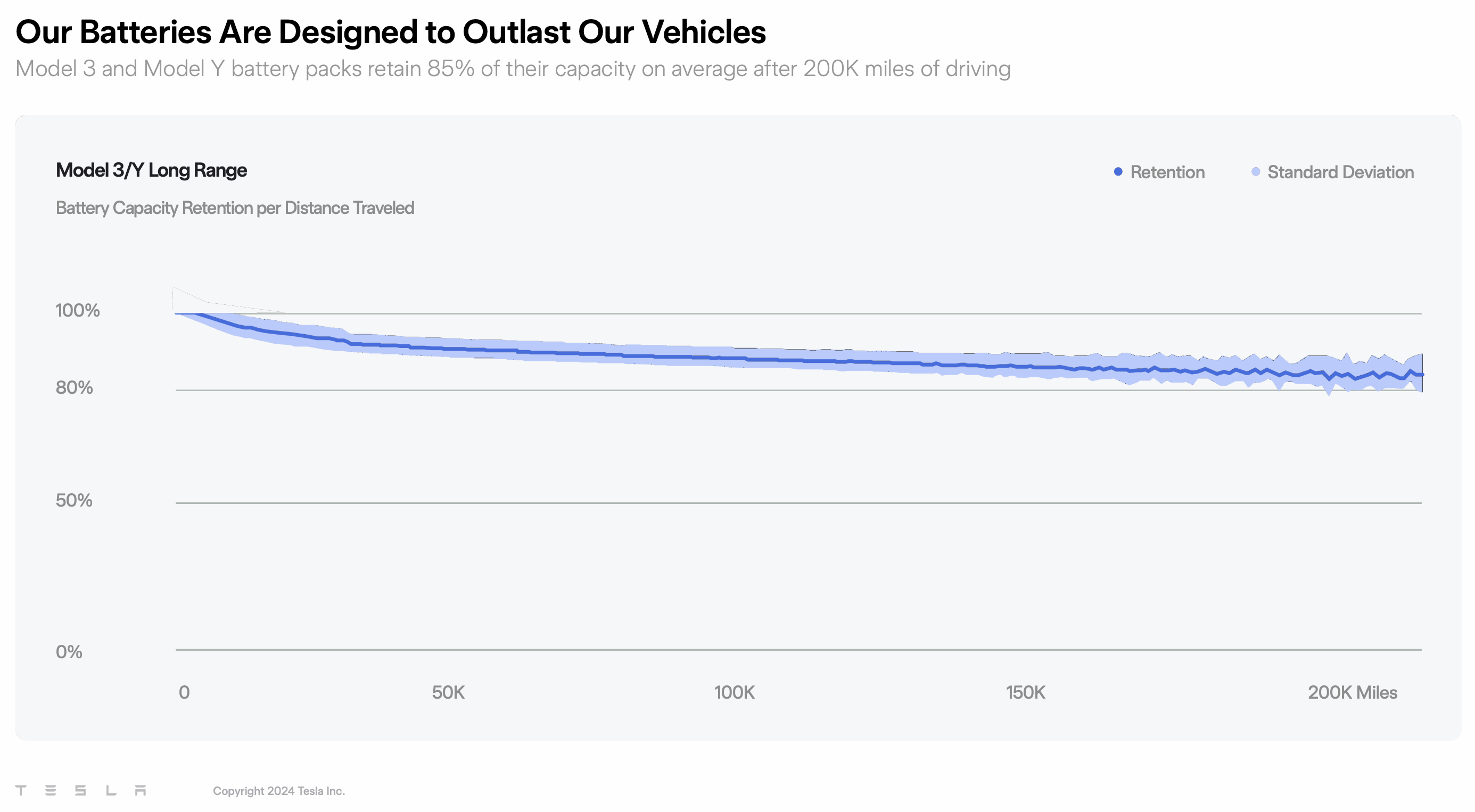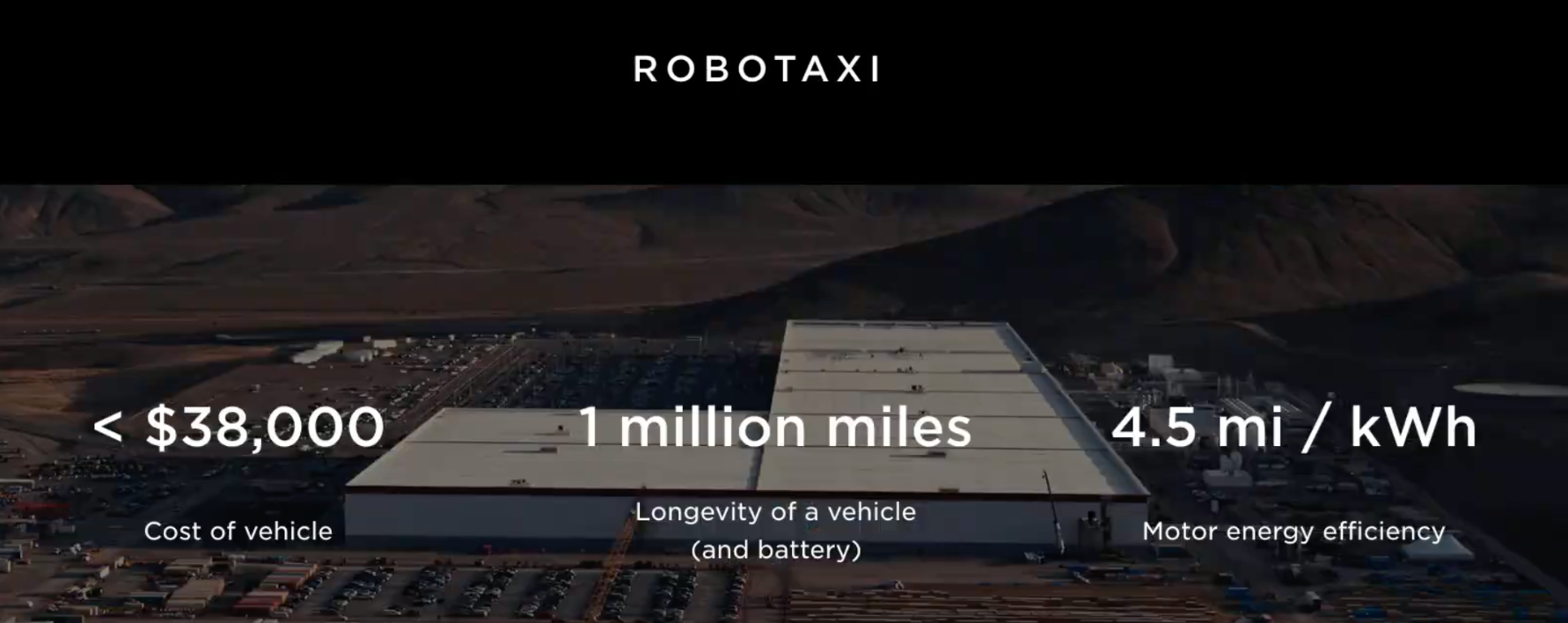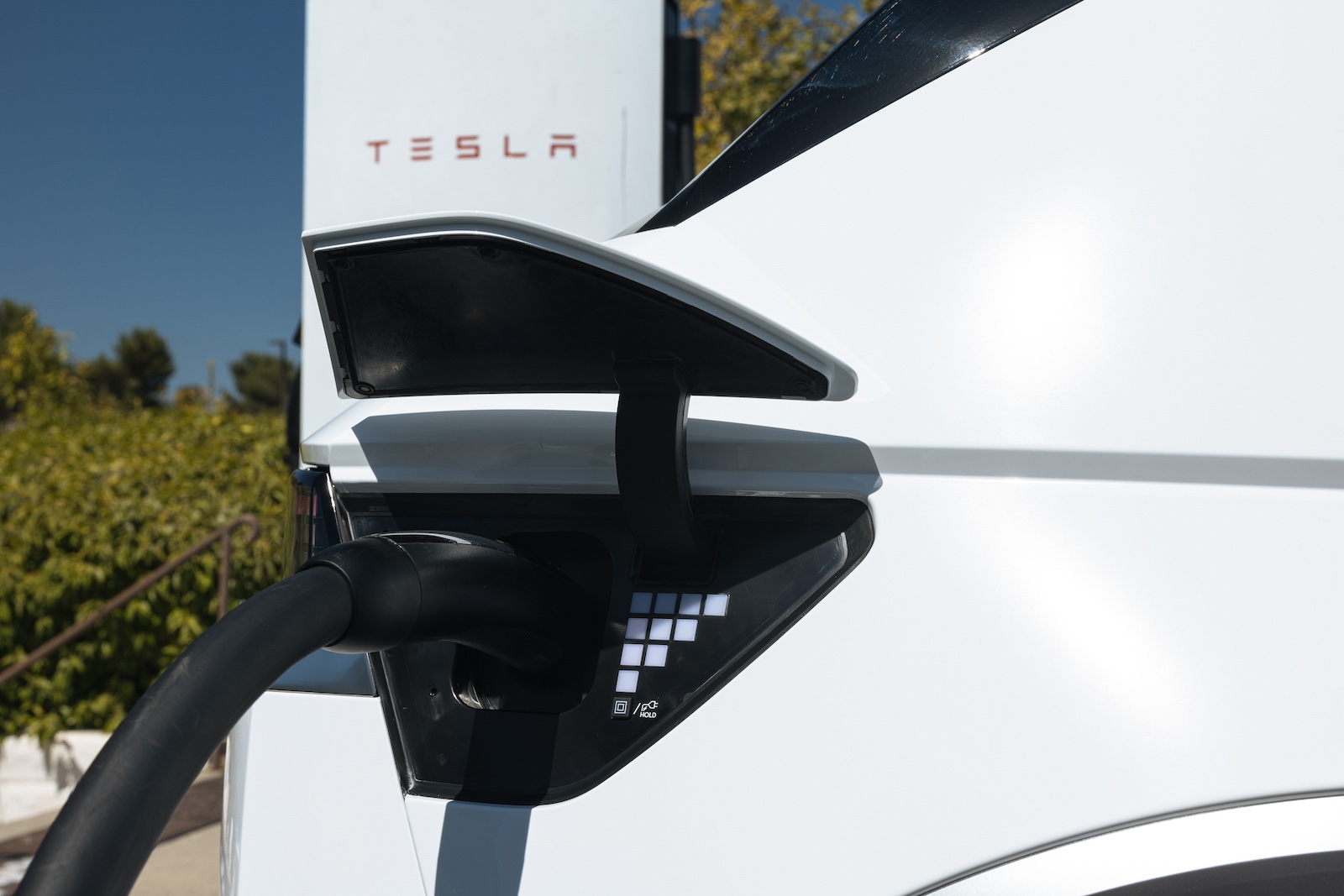Sign up for daily news updates from CleanTechnica on email. Or follow us on Google News!
As we eased our Model Y into the parking lot, a white Tesla Model 3 pulled up alongside us. “Hey, where do you charge?” the driver asked eagerly. That question began a 15-minute conversation about Superchargers, WaWa, and free public city chargers. About adapters and touchscreen voice control and icons. We had so many hints to offer the Model 3 driver, who had rented it for a last minute whirlwind trip, that he thanked us profusely several times before gliding away. It occurred to me that he was experiencing EVFoMO (“electric vehicle fear of missing out”).
Has negative media hype about EVs masked many US consumers’ desires to learn more about transportation electrification?
Are legacy automakers who came late to the party responsible — at least in part — for their loyal customers’ EVFoMO?
Doesn’t it seem that many people want to learn more about EVs but are reluctant to ask for help?
My guy and I recently took a road trip up the Florida coastline to St. Augustine for the national shore and beach preservation conference (interested? read here and here). While we generally charge our Model Y in our home carport, on this trip we utilized the Tesla Supercharger network. As always, the Supercharger experience was streamlined and efficient — 25 or so minutes later, with a bathroom break and some new snacks in hand, we had a full charge and continued for the next 175 miles or so of touring.
The Model 3 renter we met later on seemed to crave such a streamlined, convenient charging experience. Instead, he had to play catch-up with Tesla technology, and his entire trip seemed enveloped in a heightened sense of tension due to his incomplete EV knowledge. The look in his eyes told me: he was starting to feel left behind in the transition to zero emissions personal transportation. “Are you an engineer?” he asked my guy, giving me a curious glance, too.
Nope. We’re just cleantech writers.
EVFoMO is Exhausting
EVs are experiencing an upward trend in adoption, and level-headed auto consumers are reading between the lines. Recent climate and infrastructure legislation in the US emphasizes the accelerated manufacture and deployment of EVs as a major decarbonization strategy, now that lithium ion batteries have made the transition from internal combustion engines (ICEs) possible. Once a status symbol for early adopters, EVs are becoming more affordable as really fine 2020 models are being traded into websites for previously owned vehicles.
Most new-to-the-scenes EV automakers, though, would prefer to target the premium EV buyer, just like Tesla did, in order to maximize profits. The problem is that EV price wars are making that premium profit strategy obsolete. So, sure, some manufacturers are facing issues, which translates into media messages that consumers don’t want complicated EVs. In reality, the anti-EV sentiment isn’t centered around charging difficulties or range anxiety — it’s about politics. Legislators who are indebted to the fossil fuel industry for campaign contributions label EVs and progressives as a way to categorize and stigmatize the EV industry.
As James Morris argues in a recent Forbes article,
“Some who are clearly not very competent at mathematics have also equated a fall in the rate of growth as demand going backwards, when, in fact, it’s more like lower acceleration than putting the brakes on. The EV market is still expanding.”
It’s that expansion that is causing EVFoMO. Consumers are savvy — they recognize trends and constantly assess their current state of technology. And they fear they’re missing out on EVs.
A fascinating study out of Abu Dhabi University investigates how users’ situational stimuli (time, cost, anxiety) and individual differences (narcissistic, admiration, and rivalry) affect experiences of FoMO. Intensive EVFoMO-driven confusion can be exhausting. Depending on your particular contexts, it can be tiring to pretend you hold a certain level of EV knowledge while you’re concurrently trying to accommodate as much new EV information on the sly as you can.
FoMO can result in tension, worry, and feelings of inferiority. Narcissism-related behaviors, particularly the strategies that individuals adopt to promote themselves on social media platforms — admiration and rivalry — influence how FoMO translates into specific use behavior that results in their experience of fatigue. To describe this with some fancy language, EVFoMO is all wrapped up in the complexities of the human psyche and the mechanisms that distinguish between individual-level behaviors and consequences — like an extension of stimulus-organism-response.
Once-and-possibly-future (aaarrrggghhh!) President Donald Trump has promised to prop up the fossil fuel industry at the risk of the entire atmosphere that sustains humans and other life forms. He told the crowd at the recent Iowa primary:
“We’re going to drill, baby, drill right away. Drill, baby, drill.”
That comment alone could give EVFoMO to attentive auto consumers who stay current with the headlines. They know that the Tesla Model Y was the bestselling car in the world in 2023, sending off 1.23 million units, surpassing both the Toyota RAV and Corolla. Large swaths of consumers are starting to realize that the EV1 from General Motors, with its 55 miles of EPA range and a lead-acid battery, is only a distant cousin of today’s Tesla or Rivian or Polestar. The classic 2006 film Who Killed The Electric Car? serves to reinforce how legacy automakers have knowingly resisted abandoning their fossil-fuel sucking profit machines.
People who don’t know a whole lot about EVs see that their local gas station isn’t the sole supplier of “fuel” for the EVs. Instead, home chargers are the default, with street and public chargers filling in. But what’s needed to install a home charger? What do you do if you can’t install one where you live? (Click those links for answers to those questions.)
It’s not too late to learn about all-electric transportation. People like our Model 3 driver decide to rent an EV to get some basic battery-electric familiarity. Rentals can create awareness about EVs, reduce their perceived risk, and help assuage concerns over ICE vs. EV purchase cost disparities.
Final Thoughts about EVFoMO
Yes, we need to consider how differently situated groups imagine the future costs and benefits of energy transitions in order to effectively build coalitions across civil society, workers, and government. Yes, it’s true that the 21st century’s renewable and nonrenewable energy generation has brought about several new problems, including control network reconciliation, energy stockpiling, and system stability. All of these need to be addressed as additional challenges — but not strictly for the EV market.
We who are already in the EV camp can help those with EVFoMO. We can analyze the efficiency of an EV in various electrical aspects, the challenges that are faced for mass EV acceptance, and the logic behind driving an EV to attain a eco-positive sustainable transportation system. We can be guides to a whole new world of personal transportation.
Have a tip for CleanTechnica? Want to advertise? Want to suggest a guest for our CleanTech Talk podcast? Contact us here.
Latest CleanTechnica TV Video
I don’t like paywalls. You don’t like paywalls. Who likes paywalls? Here at CleanTechnica, we implemented a limited paywall for a while, but it always felt wrong — and it was always tough to decide what we should put behind there. In theory, your most exclusive and best content goes behind a paywall. But then fewer people read it!! So, we’ve decided to completely nix paywalls here at CleanTechnica. But…
Thank you!
CleanTechnica uses affiliate links. See our policy here.





